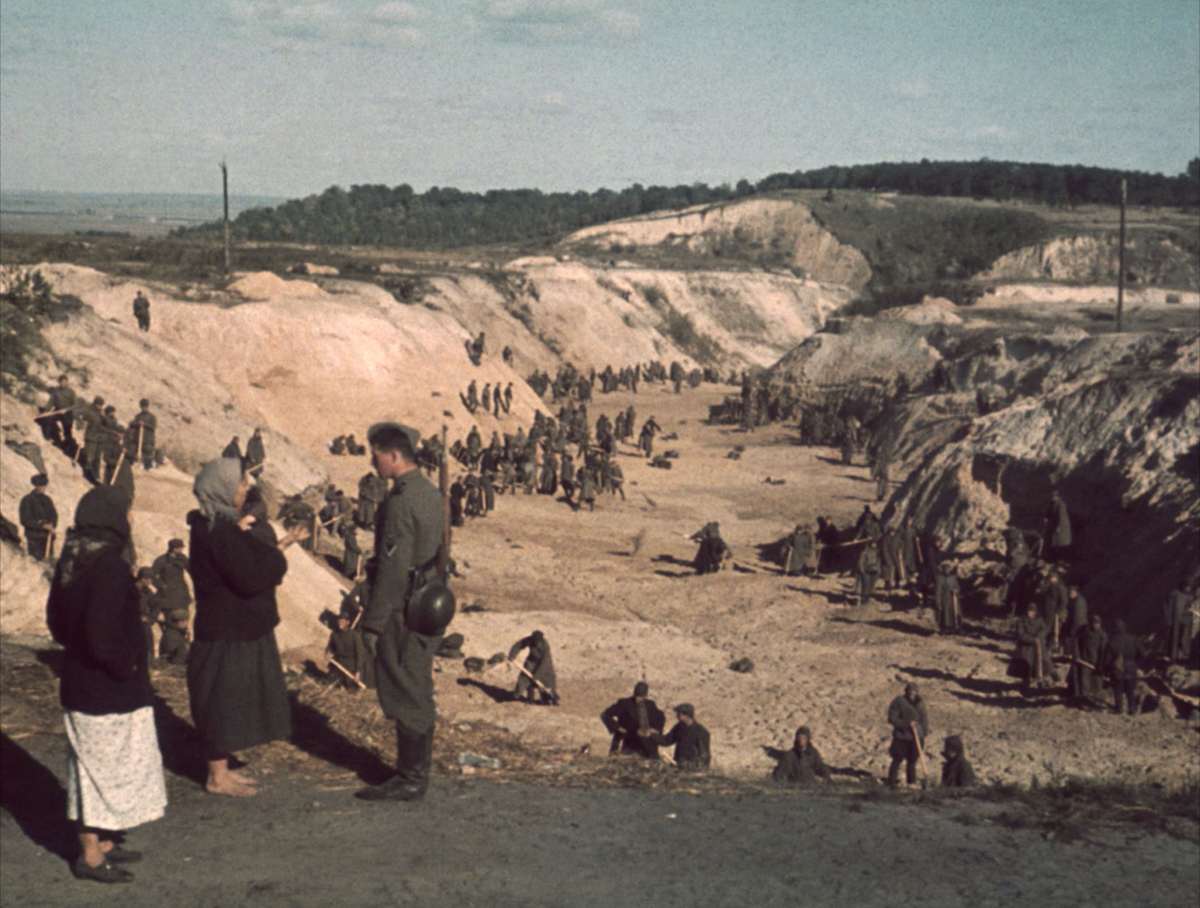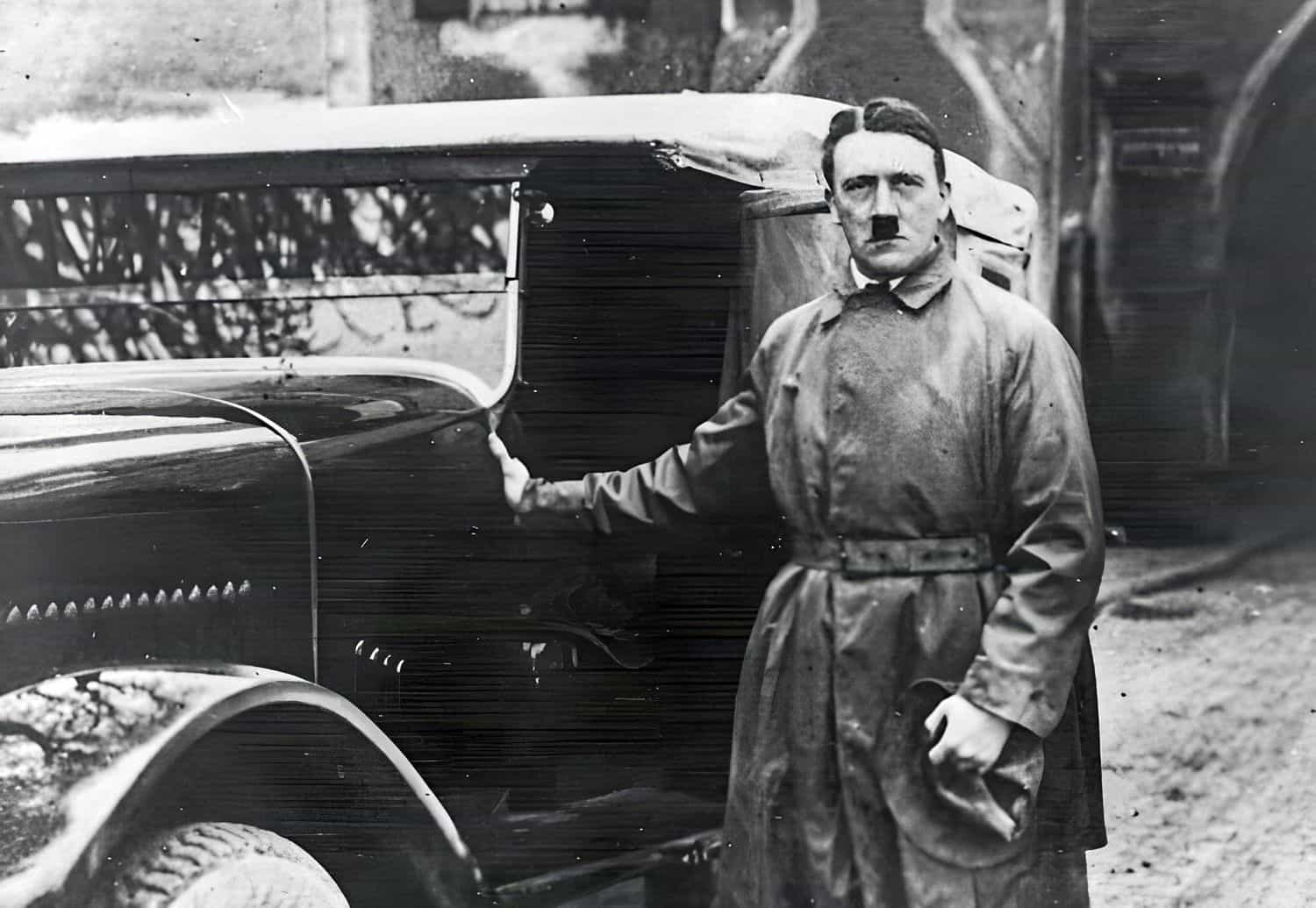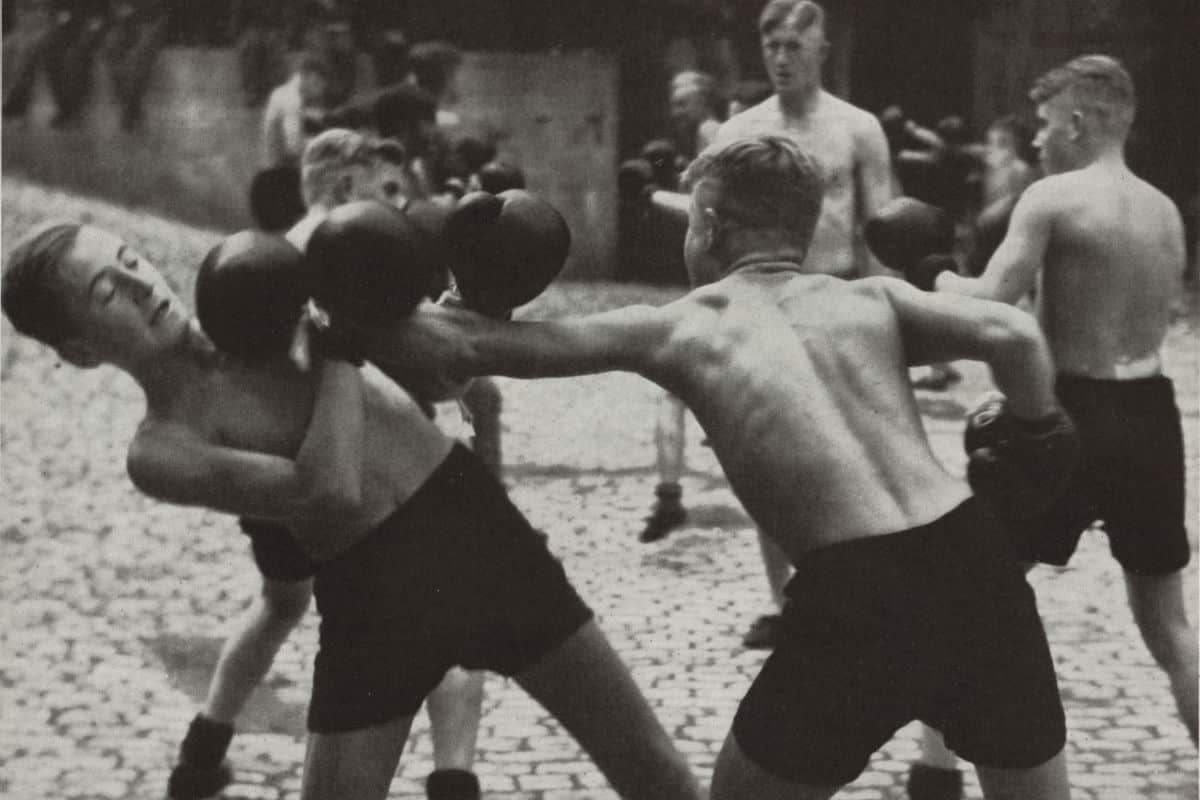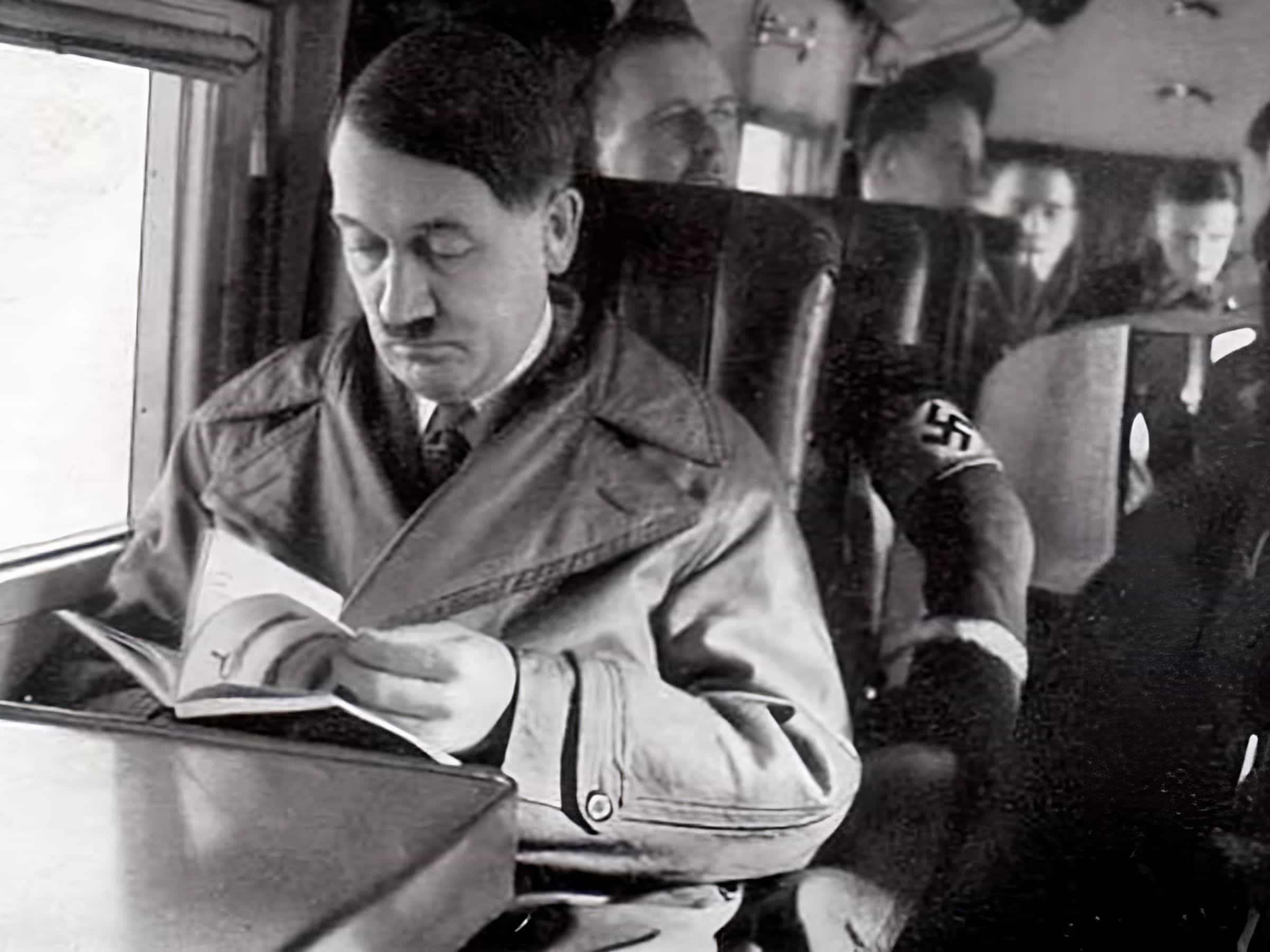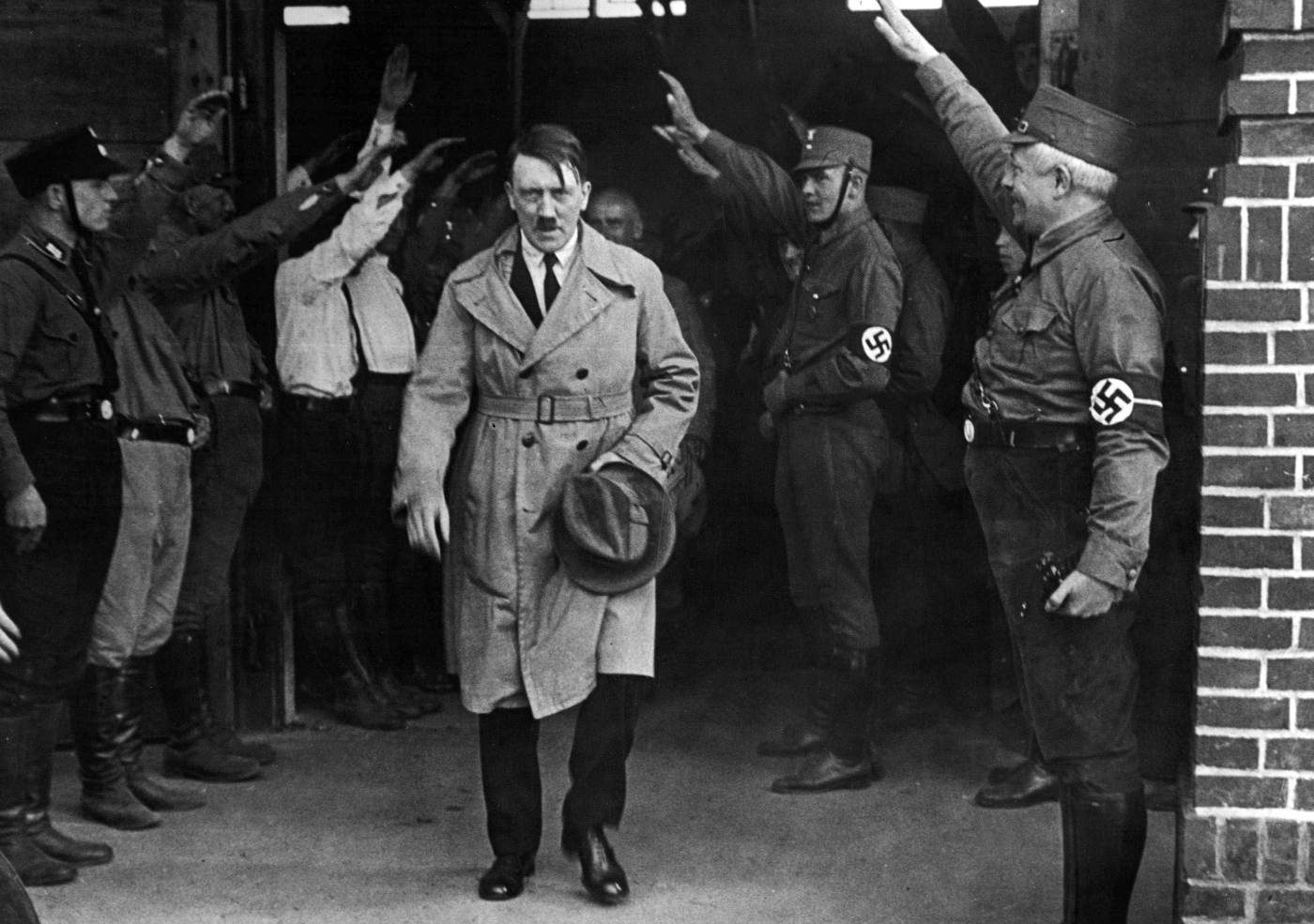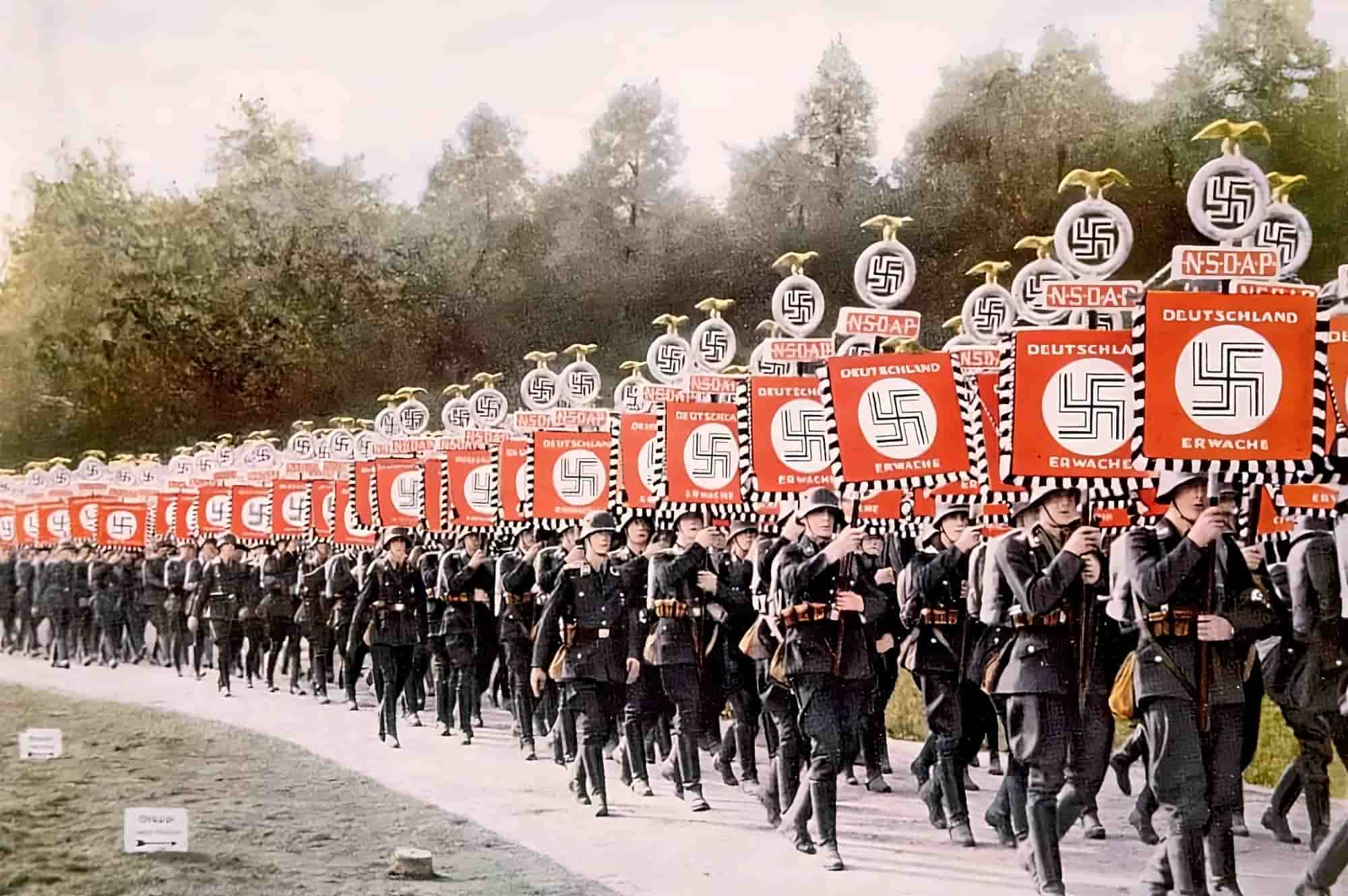Adolf Hitler was a migrant. However, Adolf Hitler‘s birthplace in Austria was of little importance to the Germans, and particularly to the Nazis. Because it was not until the 1950s that “Austrian” emerged as a distinct ethnic group. The country was just part of the “German” cultural sphere, and up until that moment, Austrians regarded themselves as Germans, just as many Germans today also see themselves as Europeans. As an immigrant to Germany, Hitler enlisted in a Bavarian (German) regiment as an Austrian in 1914 and remained in the military until 1920. In the years after the war’s conclusion, however, Hitler served in a variety of official capacities and further radicalized himself. As a migrant, this made Hitler a soldier without a country.
How Did Hitler End Up as a Migrant?
Hitler’s birth in 1889 took place in Austria, which was then a part of the Austrian-Hungarian Empire. After his father died in 1913, Hitler fled to Munich to evade military duty in Austria. After being taken into custody in 1914, he was sent to Austria for medical testing by the Munich Criminal Investigation Department.
His lack of physical fitness, however, disqualified Hitler from military service. In other words, he was too weak to carry a rifle. Poverty had been a constant companion throughout Hitler’s life, but the lung disease he’d had since childhood was by far the most debilitating aspect of his life. There, Hitler was deferred from military. But this would have made him a draft-dodger in modern times.
Because of his Austrian heritage, Hitler was obligated to serve in the Austrian army during World War I; nevertheless, he enlisted in the German (Bavarian) army instead in 1914 and remained there until 1920. After 1920, Hitler started to gain traction among Bavarian far-right groups as a demagogue and paid rabble-rouser. As a result of the Beer Hall Putsch coup, Hitler was not only a refugee, but also a criminal foreign demagogue and a traitor to the state to which he had sworn loyalty as a soldier.
For 7 Years, Hitler Was a Stateless Person

Hitler never considered himself an immigrant since he considered Austrians to be Germans. But the high concentration of Slavic populations in Austria, according to Hitler’s book, caused the country to abandon its German heritage. Hitler’s family was originally from the Austrian region of Waldviertel, which shared a border with the Czech Republic. The Czechs were well-known for their devotion to freedom, and Hitler was known for his hatred of everything Slavic.
Hitler, who had been a prisoner and a high traitor since the Beer Hall Putsch Revolution of 1923, was now stateless. This was because on April 30, 1925, Hitler resigned his Austrian citizenship, but he was never granted German citizenship due to his high treason. He stayed stateless for 7 years.
In 1932, Hitler aimed to challenge Paul von Hindenburg for the chancellery. To do so, he needed to obtain German citizenship, which he achieved through his appointment as an “attaché” to Berlin by the Nazi-ruled State of Brunswick. As a result, Hitler became a citizen of Brunswick and consequently a citizen of Germany on February 25, 1932. As an immigrant, Hitler wasn’t naturalized until his Nazi party started doing well in elections.
After that, Hitler returned to his demagogue business and lied his way into the Weimar Republic’s political system. For evidence, Hitler made several vows and commitments in the name of the NSDAP to renounce activities antagonistic to the state, which ultimately brought the party back out of the ban. Under Hitler’s direction, the number of Nazi party members skyrocketed from about 1,100 in June 1920 to almost 55,000 in November 1923.
Hitler Became a Foreigner in His Home Country
Thus, Hitler, who was born in Austria near the German border, immigrated to Germany in 1913, and years later, he abandoned his Austrian citizenship in 1925 after realizing he identified more closely with the German nation, and was only sworn in as a German citizen on February 25, 1932. He assumed the role of German chancellor the next year.
When Adolf Hitler became a German citizen, he turned into a foreigner in the same country he and his NSDAP cronies also hoped to eventually rule one day. It was in 1938 that Hitler successfully completed the “Anschluss” of his “homeland,” Austria, into the German Reich.
Adolf Hitler’s rise to power serves as a cautionary tale to consider the claims and sincerity of ideological extremists with caution. Despite being a painter with a “kind soul” in his early days in Vienna, Hitler somehow went on to become a genocidal leader in Germany during World War II as a Nazi.
Did Hitler Speak with an Austrian Accent?
Was it obvious to the Germans that Adolf Hitler was a foreigner? Adolf Hitler is commonly known for his aggressive speeches and public speaking. However, Hitler’s distinctive oratory style in his speeches was not inherent but rather a carefully crafted art form honed with the aid of a language coach. This was to conceal a fact from the audience that, as an immigrant, Adolf Hitler was a non-native German speaker.
However, there is a recording of him in Finland, where he visits Commander-in-Chief Carl Gustaf Emil Mannerheim, which was secretly recorded by a Finnish sound engineer. In the recording, Hitler speaks with a clear Bavarian or West Austrian accent in High German.
As a foreigner, Hitler was not easily recognizable in his language since the German spoken in his hometown of Braunau, Austria, was Lower Bavarian German rather than Austrian German. Thus, it was different from typical Austrian German, especially from the Viennese German dialect with its drawn-out diphthongs. Hitler’s speaking was not characterized by a Tyrolean accent with its distinctive crashing “K” either, but rather a relatively unspecific South German or Bavarian accent.










